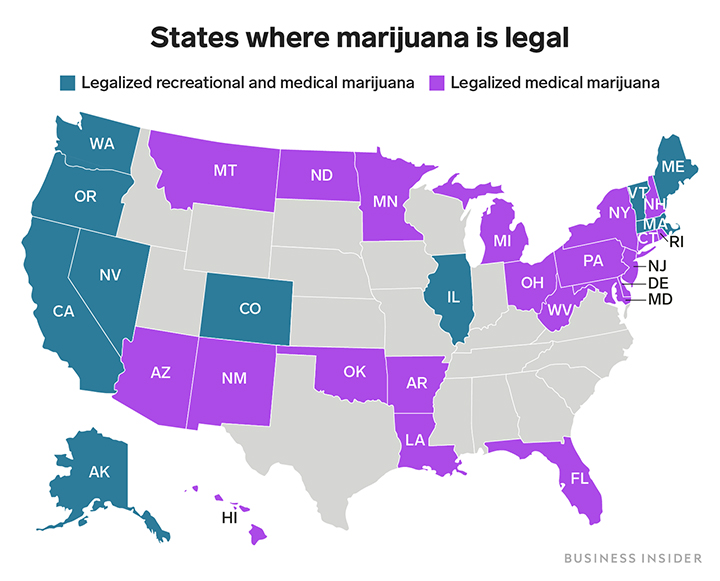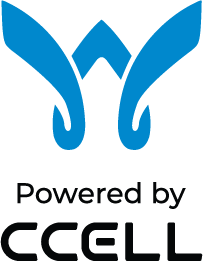© 2025 3WIN Corp. All Rights Reserved.
/ Site by AVINTIV

Every year there seems to be some new trend or health craze to follow. A lot of questions have come up over the years pertaining to cannabis and CBD such as “What is it,” “Are they legal,” “Do they get me high?”
Both the cannabis and CBD markets are at an all-time high, and they don’t seem to be slowing down anytime soon. It’s our goal to inform our customers and visitors as much as possible as marketing can be misleading sometimes.
In this article, we will be going into detail on tetrahydrocannabinol (THC) and cannabidiol (CBD), which are two natural compounds found in plants of the cannabis genus.
Before we dive into what the difference between cannabis and CBD, we’d like to discuss what a cannabinoid is.
You may have heard the term “cannabinoid” for some time, but today we’re going to dive in and explain what a cannabinoid actually is.
Cannabinoids (e.g. THC and CBD) are chemical compounds that act on cannabinoid receptors (endocannabinoid system) in cells that alter neurotransmitter release in the brain. These compounds have been used for years to help with pain, nausea, anxiety, and inflammation.
These compounds are able to help by mirroring compounds that our body already naturally produces, called endocannabinoids.
Endocannabinoids are apart of a complex system known as the endocannabinoid system (ECS). The ECS plays a major role in regulating the functions and processes related to sleep, mood, appetite, memory, reproduction, and fertility.
You may know of THC being the element in “weed” that gets you high. The compound THC, which is one of over 400 found in marijuana, is actually way more complex than that.
Tetrahydrocannabinol (THC) is the primary psychoactive cannabinoid within the cannabis plant. Insignificant amounts of THC are also found in industrial hemp, but the amount is trivial compared to that of marijuana.
THC is found in high doses surrounding the reproductive organs, as well as in the resin glands of the flower or bud of the female pot plant.
Although THC (tetrahydrocannabinol) is just one of the chemical compounds (cannabinoids) found in the cannabis plant, THC takes almost all of the credit for creating your high. THC can give you a high due to it being a psychoactive ingredient.
Another unique aspect of CCELL’s embedded coil was designed with reasonable resistance, and equivalent gaps. Mix those two components with the high-performance batteries offered by CCELL and you start to see why they are capable of creating the highest quality experience for its users.
Cannabidiol (CBD) is a primary non-psychoactive cannabinoid found exclusively in hemp and cannabis plants. CBD does not produce a single psychotropic effect, and it even has antibacterial properties and health benefits with little to no negative side effects.
CBD has seen much popularity lately with people taking it for many health benefits. CBD can be taken by oils or tinctures, edibles, topicals, and vapes.
CBD is regularly extracted with advanced extraction technology that removes the cannabinoids safely from the plants. Industrial hemp is the go-to source for this process due to its high CBD levels and lower content of THC.
More complicated setups automize most of these processes and do not use any harmful chemicals during the procedure, which is making CBD very popular.
The cannabis-related laws are regularly changing, so make sure you’re up-to-date on the laws in your state. Marijuana and THC are prohibited under federal law and on the list of controlled substances.
Image from Shayanne Gal/Business Insider
Several states like Washington, Oregon, Nevada, California, Colorado, Illinois, Maine, Massachusetts, Vermont, and Alaska have legalized recreational and medical marijuana.
Other states like Arizona, New Mexico, Oklahoma, Arkansas, Louisiana, Florida, Montana, North Dakota, Minnesota, Michigan, Ohio, West Virginia, Pennsylvania, Maryland, Delaware, New Jersey, Rhode Island, Connecticut, and New York have legalized medical marijuana.
In December 2018, the 2018 farm bill was signed. This farm bill removed hemp from the list of prohibited substances. Hemp is now a legal agricultural commodity, and so are the products made from hemp.

Individual states have chosen to restrict the sale and possession of CBD, so make sure you do your homework before traveling across state lines with CBD.
Recently, the Food and Drug Administration (FDA) has been cracking down heavily on the CBD industry, sending out warning letters to several CBD companies. They want to make sure CBD companies are truthful about the manufacturing process, ingredients, and that they’re not marketing false claims that haven’t been proven yet.
Individual states have even tried to ban CBD that has been extracted from hemp, thinking that it would stop CBD companies from selling in their state. Ironically, making CBD extracted from marijuana was the only legal alternative. This reasoning makes sense for states where cannabis has been legalized.
Make sure to continue to check to see if CBD is legal in your state.
The biggest misconception about THC and CBD is that they both get you high and provide the same user experience. That couldn’t be further from the truth. We’re going to go into detail if THC or CBD can get you high and why.
Tetrahydrocannabinol (THC) is the primary psychoactive cannabinoid within the cannabis plant. Much lower amounts of THC are also found in industrial hemp, but the amount is minimal compared to that of marijuana.
This cannabinoid is the reason that people get “high” when consuming Cannabis and the activation of the cannabinoid receptors mediates its primary psychoactive effects.
Often praised as an anti-stress tool, THC is ordinarily smoked or vaped for the sole purpose that it gets into the bloodstream much faster this way. Unfortunately, the use of THC for some people can cause a few unwanted side effects like paranoia or anxiety, so make sure you start with a small amount.
CBD does not produce any psychoactive effects by itself and will not make people feel high as it’s a non-psychoactive cannabinoid found exclusively in hemp and cannabis plants.
While THC activates the Cannabinoid Type 1 (CB1) receptor, which allows feelings of euphoria, CBD inhibits it. CBD is actually bad at activating the CB1 receptor.
Some say that CBD can even interfere with the CB1 receptor and lower the high from THC. CBD gives you a more mellow and calm experience, without the “high” feeling.
Navigation

/ Site by AVINTIV
* Products not intended for nicotine use.